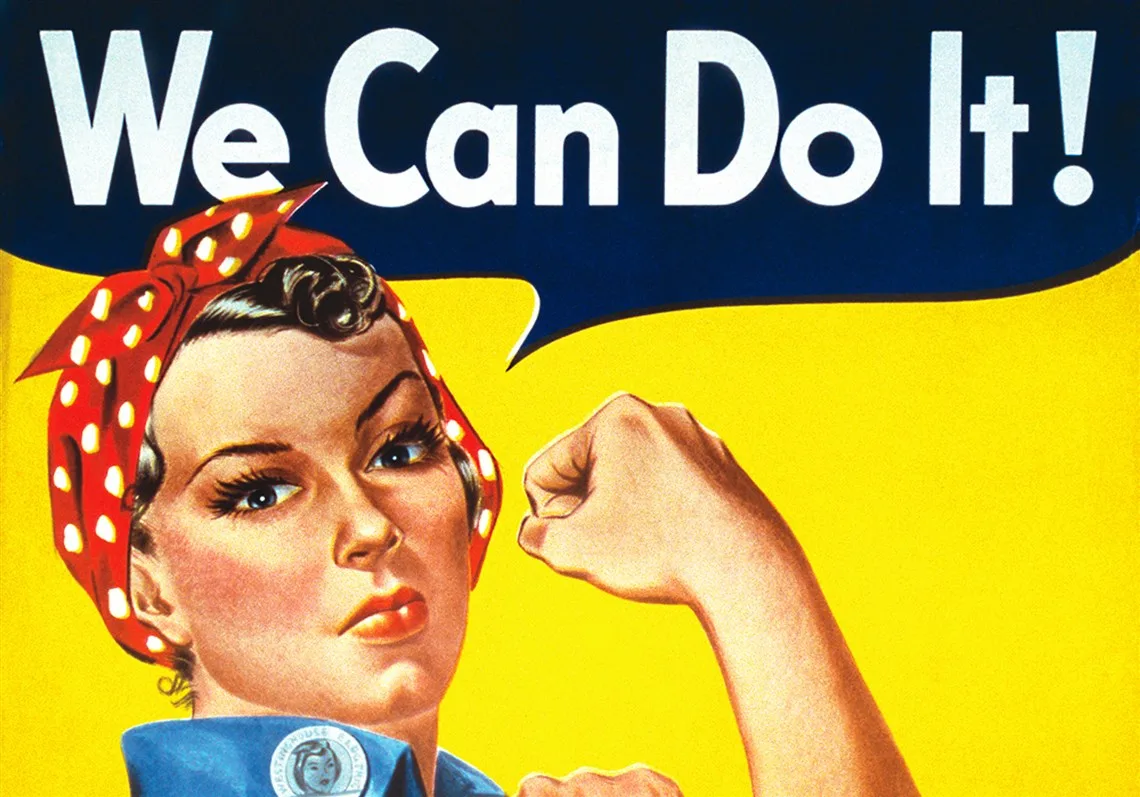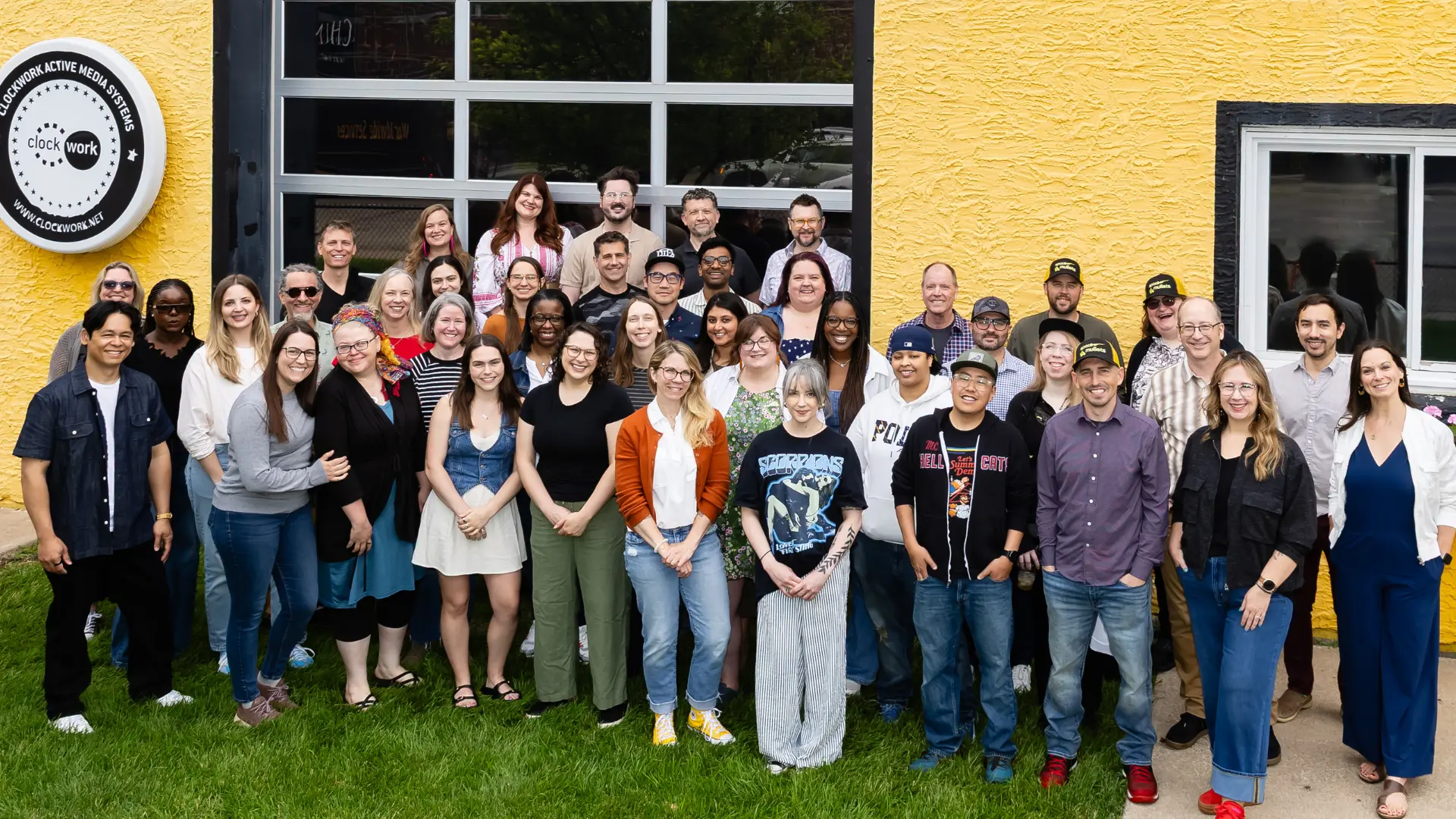This isn’t political. Really.
I know that, at this moment in time, it’s hard for people on both sides of the aisle to set aside blame and emotions and frustration. But commerce, in one form or another, is universal — we all need it, we all want it, and we all participate in it. The health of our communities depends on the health of our businesses. So what “business” looks like is an everyone issue, a human issue. Not a political issue. People are not politics. Human dignity is not political. And even as we learn to navigate and function in this shifting cultural climate, we have to align around some basic principles to ensure our businesses rise above the divisiveness and political distractions. More than ever before we have to turn to proven ways to improve, innovate, and grow, while also embracing new ways of thinking and connecting in order to evolve and sustain our businesses.
Never underestimate the impact that businesses can have on the culture around us. What we demand and require of colleagues, partners, and vendors can have a huge impact on who shows up to the table and who has a voice beyond that table. And never underestimate the impact that a culture of inclusion can have on business. Companies can innovate better if all people are represented in their products, services, and ways they work. By ignoring — or not taking the time to understand — our diverse society, businesses limit their capacity to grow our economy.
Businesses can approach making a difference in their community as an aside to how they operate, or as integral to how they operate. Yes, it’s an opportunity, but it’s also a responsibility.
In the world of Capitalism, it is powerful to lead this way. It’s powerful to create a business that’s a change agent making the world a better place. Businesses can bring people together, engage in and elevate discourse, spotlight people and like-minded organizations, and be bold about their values.
Social progress and evolution are happening — and it’s hard because change is hard. But we have to embrace and learn from what we see and hear, learn from the people who haven’t been able to share their lessons before now, and learn from what’s happening around us. Fear is the opposite of innovation. Being afraid of each other and forward motion or progress causes paralysis. We must take the risks in our businesses that our politics suggest we are too afraid to take.
What Companies are Doing
We already have power. We already have the power to embrace, reflect, and impact the social awakening that’s happening around us. No one can take that away. We just have to leverage that power. Companies are already doing this, and big successful companies being intentional about human values and dignity can really have a ripple effect.
Requiring diversity
Recently, General Mills announced that all of their agency partners moving forward have to meet a diversity requirement. The creative departments must be staffed with 50% women and 20% people of color. As the current CMO, Ann Simonds stated, “If you are going to put people you serve first, the most important thing is to live up to it and make it a key criteria.” By doing this, Simonds and General Mills are demonstrating that, 1) It’s possible to find diverse teams and, 2) It’s valuable to their enterprise to reflect who we are as a society. With this single requirement, they are shifting the way the industry looks at themselves. Do they measure up? Do they have teams that actually represent different experiences and ways of thinking?
Engaging in discussion
It can be awkward because on the whole, humans are so bad at talking about race. It’s uncomfortable, we’re worried about being offended or offending. If we never start talking, we’ll never learn how to do it well.
Talking about diversity is impactful, especially if you are a leader or are in a leadership position. And while conversation alone is not entirely enough, it’s a start. Position carries a certain cachet and actually provides a platform from which to be heard. In this article, “Does it Matter When a White CEO Says ‘Black Lives Matter’?” author Leah Donnella spotlights AT&T CEO, Randall Stephenson, who made waves for speaking about race relations at a company event. She states, “…those words mean something different coming from the head of a multibillion-dollar company. And while words alone might not be enough, they aren’t nothing.”
Committing to diversity
Diversity in our workplaces won’t happen without conscious and explicit effort. Make that commitment and then do something to see that promise through. My company, Clockwork, started the MN Tech Diversity Pledge to hold ourselves accountable to making progress in the tech space. Just over a year in, over 100 companies in Minnesota have signed it. It was a thing that we knew we could do, and we hoped that it would activate change. We had to start somewhere and now it’s one of many things that we’re trying and learning from, and hoping to share with other organizations.
So let’s get to it. There was a lot of talk about opportunity, the role of commerce, and helping the little guy achieve the American Dream in the 2016 election season. That’s us, businesses. We aren’t all General Mills or AT&T but we do have that power within our communities — whether it’s within our offices, our neighborhoods, or our cities. Opportunity isn’t actually opportunity unless it’s available to everyone. And “everyone” includes people who aren’t like you.




